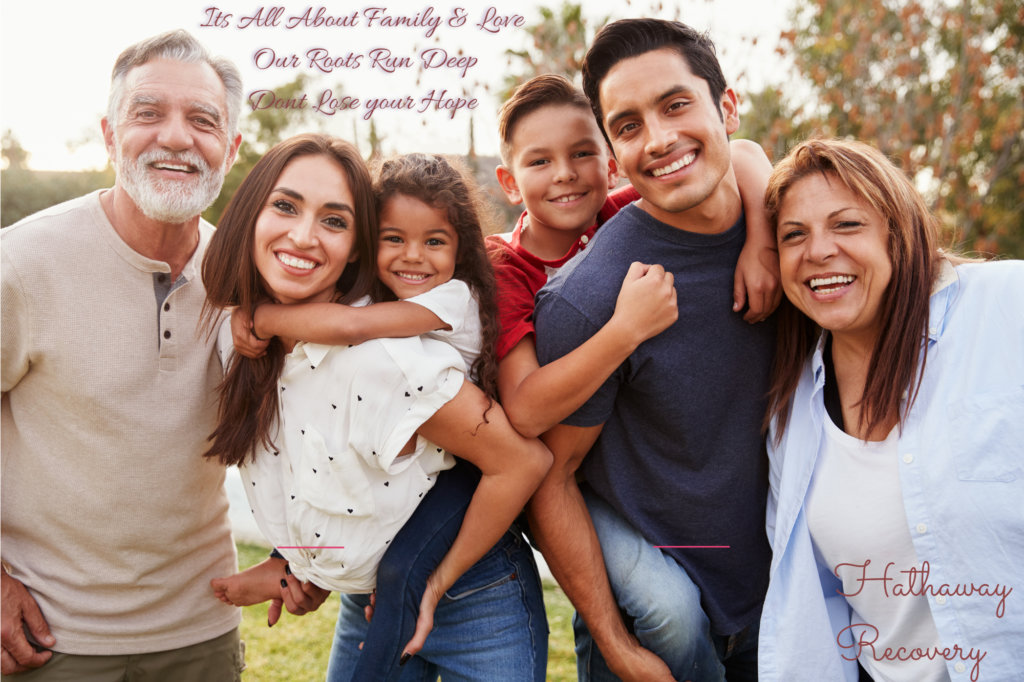Substance Abuse and its Impact on Families

Over the last few decades, changing roles and increased demands on work add stress and alterations in lifestyle that bring with them the problem of substance abuse, which includes alcohol and drug addiction. Addiction is a disease and it affects not only an individual but other people around, especially family members. Addiction and family have a unique relationship.
The impact of substance abuse on families is tremendous. Families that suffer from substance abuse are more at risk for domestic violence, mental illness, divorce, and sexual and physical abuse than other families. Relationships suffer, financial sources are depleted, health care costs increase, and employment problems and increased emotional stress arise. There is also a serious risk of transmission of HIV/AIDS, STI’s and other blood-borne viruses to partners of addicted persons.
Addiction strains relationships no matter which person in the family has the problem. Living with an addicted member is a daily challenge for everyone in the family. Addiction affects children the most. The data show that parents drinking or drug problem often has a detrimental effect on children making cognitive, behavioral, psychosocial, and emotional consequences for them.
Call Hathaway Recovery Center today CALL US NOW: (909) 971-3333
A child of a woman who abuses substances during pregnancy is at high risk for the effects of fetal alcohol syndrome, low birth weight, and sexually transmitted diseases. Later, these children usually have school‐related problems, such as truancy. Older children may be forced prematurely to accept adult responsibilities, especially the care of younger siblings. In adolescence, drug experimentation may begin. Adult children of those with alcohol abuse disorders may exhibit problems such as unsatisfactory relationships, inability to manage finances, and an increased risk of substance use disorders.
If both parents abuse alcohol or illicit drugs, the effect on children worsens. In such a situation, the extended family members or neighbors may have to provide care, financial and mental support. Grandparents frequently assume a primary caregiving role. Friends and neighbors may also be involved in caring for the young children. In cultures with a community approach to family care, neighbors may step in to provide whatever care is needed. Sometimes it is a neighbor who brings a child abuse or neglect situation to the attention of child welfare officials.
Call Hathaway Recovery Center today CALL US NOW: (909) 971-3333
Parents who have a child with substance abuse have a unique set of difficulties including academic difficulties, health-related problems (including mental health), poor peer relationships, and involvement with a justice system. It’s very painful for parents to feel powerless and watch their children suffer. Many try supporting their children financially hoping they will turn their life around. Some parents take on an overbearing and enabling role. This creates an inappropriately dependent relationship as their child grows up.
Siblings of addicts are sometimes referred to as the “invisible victims.” Parents are so consumed by the sibling with the addiction problem. Oftentimes the other children end up taking the sidelines. Siblings feel a variety of emotions like confusion, frustration, shame, resentment, and more.
Another impact of addiction on the family unit is the chance that another family member will also turn to substances. Children who grow up with a family member that abuses drugs are more likely to turn to substances. They follow the example set for them. Siblings might use substances as a way to escape the chaos in their house.
Call Hathaway Recovery Center today CALL US NOW: (909) 971-3333
A drug habit is not cheap. Addicts spend thousands of dollars getting the substances they use. Many of them don’t have a job so they ask for money, food, shelter, or other forms of support. Some might ask for help paying for a treatment facility or other program.
Usually, families take financial responsibility for an addicted family member. Parents allow children to live with them while trying to get “back on their feet.” They pay for lawyers or post bail if legal troubles start.
Having a family member with an addiction problem is painful, confusing, and overwhelming. The situation is not hopeless, though. Treatment facilities can help people with substance abuse problems and the families who love them.
If you want to know how to get someone into a rehabilitation center, Hathaway Recovery can help you. It provides well-rounded, comprehensive addiction treatment programs. If your loved one wants to stop using drugs and alcohol, call Hathaway Recovery. You don’t have to walk this path alone!
Hathaway Recovery Luxury Treatment Center

Hathaway Recovery Drug & Alcohol Treatment Center
Email: [email protected]
1042 East Belmont Abbey Lane, Claremont, CA 91711






